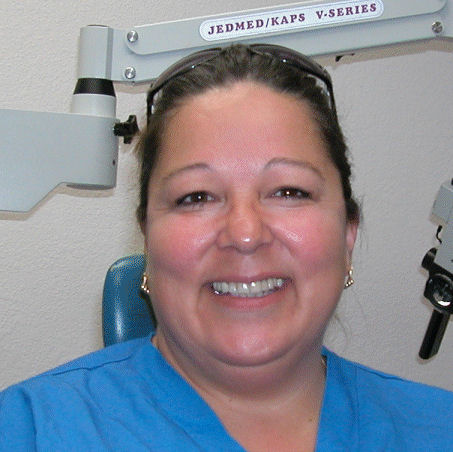Eustachian tube dysfunction due to a deviated septum?
Q:
Hi there,
I'm afraid I have a question for you which doesn't involve ear wax! Can a
deviated septum cause eustachian dysfunction?
A:
Interesting question. I had never thought about it. My knee-jerk reaction
is to say 'no,' because I can't immediately think of any mechanism
whereby septal deviation could cause ETD. But the more I think about it,
the more I can devise scenarios and think of things I can't completely
account for. So I would have to say 'maybe.'
The neat thing about this question is that it's empirically testable by
correlating rhinomanometry data (which measures nasal air flow) with
tympanometry data (which measures middle ear pressures -- a direct
measure of Eustachian tube function). Do this before and after
septoplasty and see if the improved airway results in an improved ET
function.
I just searched PubMed and found a relevant article here
and here. The first study found worsening of ET function soon after septoplasty,
with some improvement much later, but many patients showed no change in
ET function. The second study had a very brief abstract (and the main
paper is in French), so there's no telling what they demonstrated.
I would tend to agree with the conclusion suggested in the abstract of
that first paper: "We suggest that it [nasal surgery] may be useful in
cases with severe nasal pathology or chronic infection of the nose or
the nasopharynx, if this is accompanied by poor tubal function." In
other words, if the ENT doc feels the septal deviation is contributing
to sinus infection (for example), which in turn is contributing to ETD,
then septal surgery is indicated. Otherwise, don't bother.
Hope this helps!
D.


